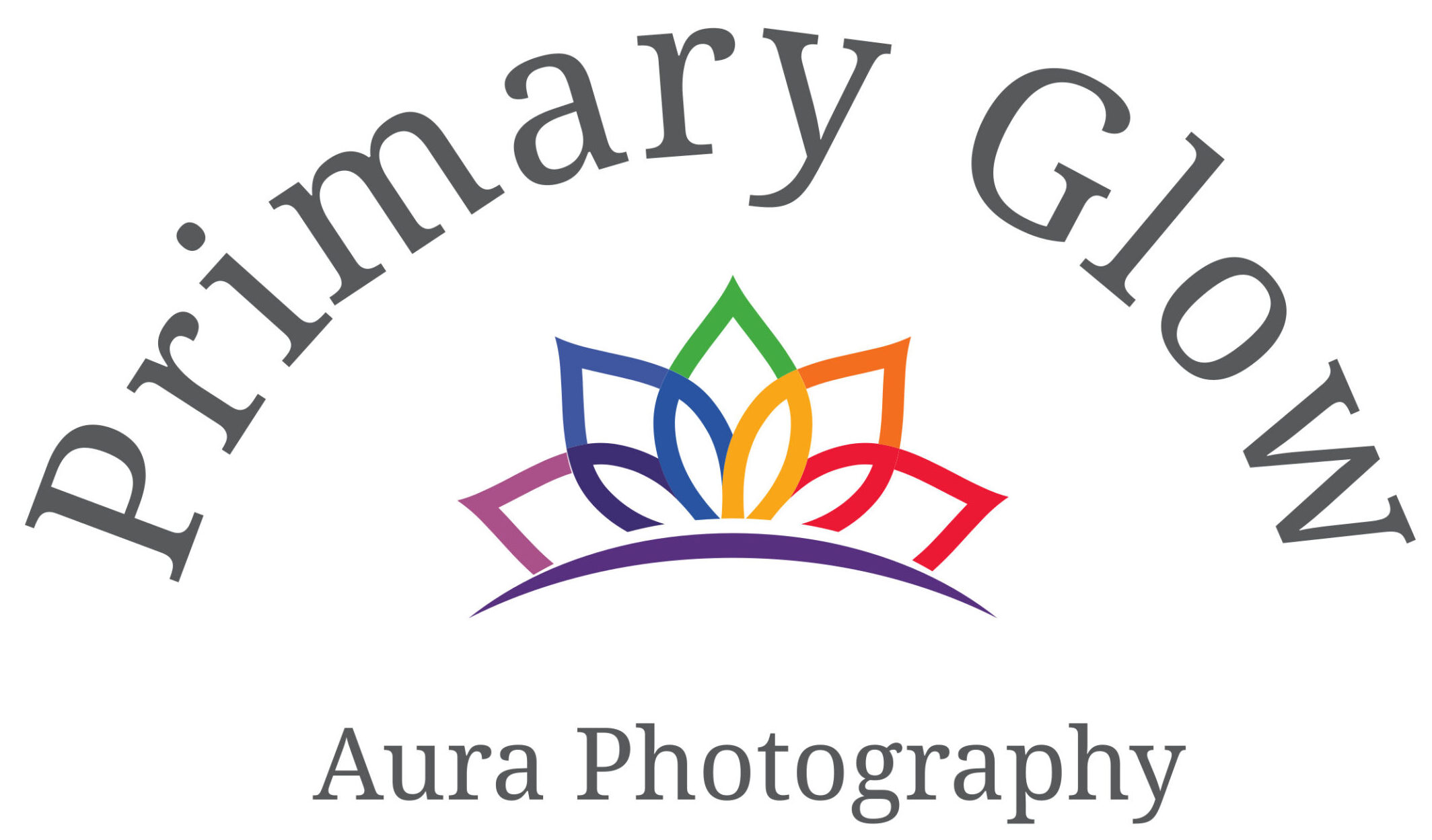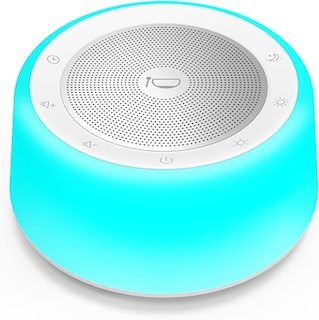In a fast-paced world filled with stress and constant stimuli, the importance of maintaining a balanced and positive energy field is becoming increasingly evident. One ancient practice that has gained modern recognition for its ability to promote overall well-being is sound therapy for aura cleansing. This holistic approach taps into the transformative power of sound to harmonize and rejuvenate the subtle energies that surround and permeate our bodies.
Understanding the Aura
The concept of the aura, a subtle energy field that surrounds and interpenetrates the human body, has been present in various spiritual and healing traditions throughout history. According to these beliefs, the aura reflects the state of our physical, emotional, and spiritual well-being. When imbalances or negative energies accumulate, they can disrupt the harmony of the aura, leading to feelings of fatigue, stress, and even physical illness.
Sound Therapy: A Time-Tested Healing Modality
Sound therapy, also known as sound healing, has roots in ancient civilizations such as Egypt, India, and China. The fundamental principle is that different frequencies of sound can affect our physical, mental, and emotional states.
Modern science has validated the therapeutic effects of sound on the human body, with studies demonstrating its ability to reduce stress, lower blood pressure, and enhance overall well-being.
Key Elements of Sound Therapy for Aura Cleansing
- Tuning Forks and Crystal Bowls: Practitioners often use tuning forks and crystal singing bowls, each tuned to specific frequencies associated with healing and balance. When these instruments are played, the vibrations interact with the body’s energy, helping to release blockages and restore harmony to the aura.
- Chanting and Mantras: Vocalizations in the form of chanting or reciting healing mantras have been integral to many spiritual practices. The resonance created by these vocal sounds can stimulate the chakras and facilitate the release of stagnant energy, promoting a more balanced and vibrant aura.
- Gong Bath: The deep and resonant tones of a gong can have a profound impact on the energy field. A gong bath involves immersing oneself in the rich vibrations produced by the gong, which can lead to a deep state of relaxation and facilitate the clearing of negative energies.
- Binaural Beats and Solfeggio Frequencies: Using modern technology, sound therapists often incorporate binaural beats and Solfeggio frequencies into their sessions. These audio techniques involve playing slightly different frequencies in each ear, creating a third, “binaural” frequency that can influence brainwave patterns and induce states of relaxation and balance.

Benefits of Sound Therapy
- Stress Reduction: The soothing and harmonizing effects of sound therapy help alleviate stress and tension, allowing the body and mind to enter a state of deep relaxation.
- Emotional Release: Sound vibrations can act as catalysts for emotional release, enabling individuals to process and let go of pent-up emotions and traumas stored in the energy field.
- Improved Sleep: Regular sound therapy sessions may contribute to better sleep quality by calming the nervous system and promoting a sense of inner peace.
- Enhanced Clarity and Focus: Cleansing the aura with sound can remove energetic blockages, leading to increased mental clarity, focus, and a heightened sense of awareness.
Conclusion
As we navigate the challenges of modern life, incorporating ancient practices such as sound therapy for aura cleansing can provide a holistic approach to well-being. By harnessing the healing power of sound, individuals have the opportunity to restore balance, release negative energies, and cultivate a vibrant and harmonious aura that positively influences all aspects of their lives.
Whether through the resonant tones of crystal bowls, the ancient chants of mantras, or the modern technology of binaural beats, sound therapy stands as a timeless and effective tool for promoting energetic wellness in our fast-paced world.




